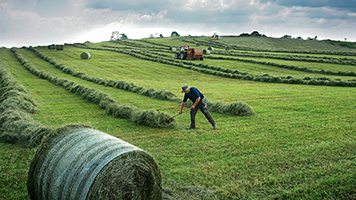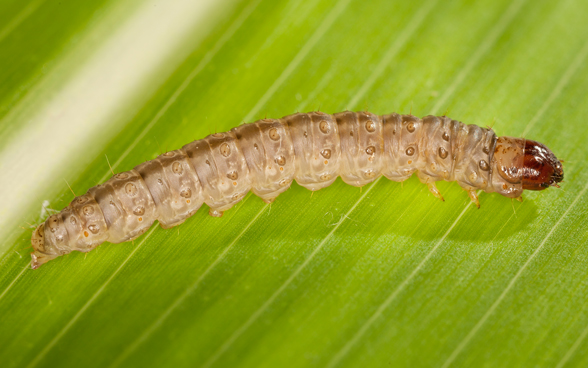Agriculture is not only affected by climate change, but also contributes to it. The Swiss Climate Strategy for Agriculture deals with the associated challenges.
According to the Swiss Federal Constitution, agriculture has the task of making a substantial contribution to the security of food supply, the conservation of natural resources, the maintenance of the cultural landscape, and the encouragement of decentralised settlement of the country.

Over one-third of Switzerland’s land area is managed for the production of foodstuffs of plant and animal origin. This results in the emission of greenhouse gases, owing to which agriculture itself contributes to climate change. At the same time, agriculture is affected by the consequences of climate change.
The Swiss Climate Strategy for Agriculture provides an overall view of the links between climate and agriculture. It sets targets and priorities for adapting to climate change and reducing greenhouse-gas emissions. First and foremost, the strategy describes relevant production aspects such as animal husbandry, manure management, land management, energy production, site suitability and risk management. Secondly, however, it also describes the upstream (e.g. the production of fertilisers and importing of feedstuffs) and downstream sectors (e.g. the processing and distribution of foods).
Implications and Opportunities
Last modification 29.09.2023
Contact
Federal Office for Agriculture FOAG
Agro-environmental Systems and Nutrients
Schwarzenburgstrasse 165
3003 Berne








